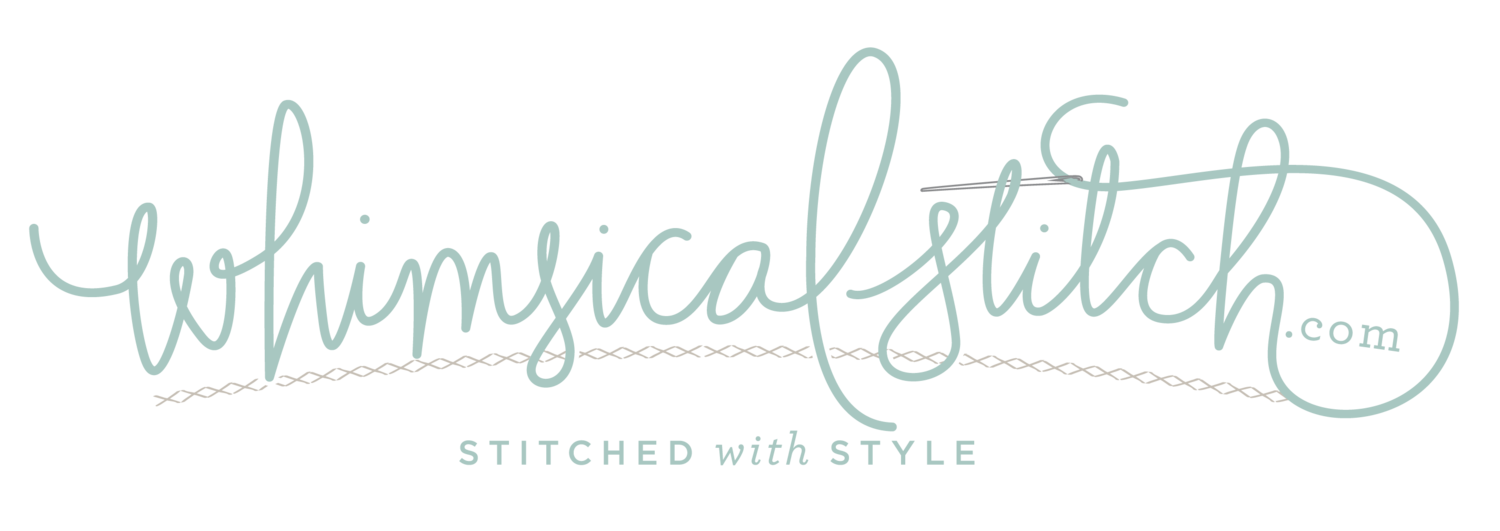It took me a couple years to get used to the idea of what I naively called "naked canvas." Every row and every intersection had to be covered with a stitch of some kind. Fortunately, I got over it and today I can't imagine not using what I call Open Work.
I use the term Open Work as an umbrella term for any stitch that allows any canvas to be seen through the stitching. It is commonly used to highlight shading on a canvas. It also serves as a tactic to draw the focal point to another part of a canvas by minimizing the attention to a specific area. I'll demonstrate how both uses work.
The first is shading. Open Work uses a stitch that balances a pattern with open spaces that allow the shading to show through. This is just one example of the many stitches that accomplish this.
The example above is one of Melissa Shirley's fruits. It is stitched with a #3 Pearl Cotton (dark gray lines), Frosty Rays (the yellow lines), and a #12 Kreinik Metallics Tapestry Braid (light gray lines). The dark area down the center (on the diagonal) of the photograph is how the canvas is painted. The shading shows through yet there is a consistent color pattern with the threads.
It's a great way to avoid odd sequential color values that aren't quite right, inconvenient compensation in and around the different colored areas, and to sustain a clean pattern. Truth be told, if I stitched this canvas today, the only change I would make would be a #5 Pearl Cotton instead of #3 to draw more attention to the shading.
The next example is Skip Stitch.
Skip Stitch is beyond easy. Stitch it as you would stitch an area in Basketweave (on the diagonal). In the photograph, you can see how the shading shows through in a more natural manner than it would if you did Basketweave with several shades of thread.
The Skip Stitch is a great way to direct the eye to key elements on the canvas. I wanted the attention to go to the more elaborately stitched bushes on the hill, so I wanted to make the grass understated.
It can also be accomplished through thread weight, specifically using a thread that is far lighter than the canvas would typically call for. For example, using a #4 Kreinik Metallic Very Fine Braid on an 18-mesh canvas or Rainbow Galleries Elegance on a 13-mesh canvas.
These stitch diagrams, along with other #whimsicalwednesday and #smallspacesunday stitch diagrams, can also be found on www.pinterest.com/whimsicalstitch/whimsicalwednesday.
Be sure to follow whimsicalstitch.com on Facebook, Pinterest, Instagram, and Twitter.
If you like what you see on this blog, want to learn some very creative decorative stitches, and how to put them all together, whimsicalstitch.com sells stitch guides for seasonal Melissa Shirley designs. Nine guides are currently available and more are in the pipeline.
Enjoy!



